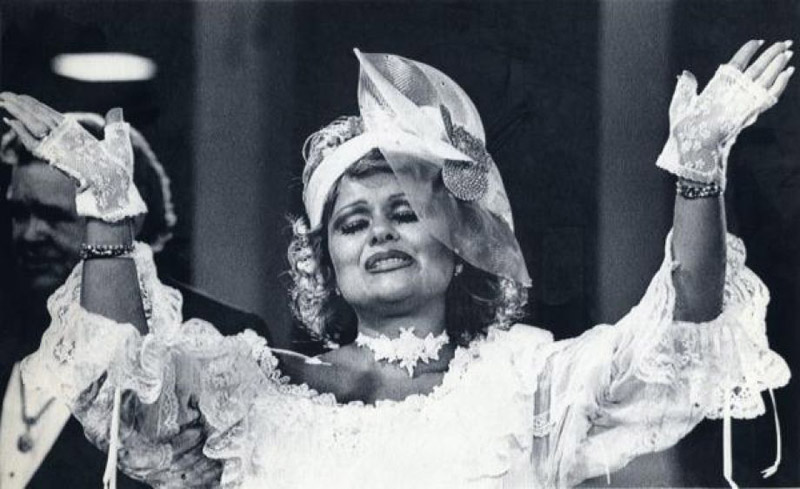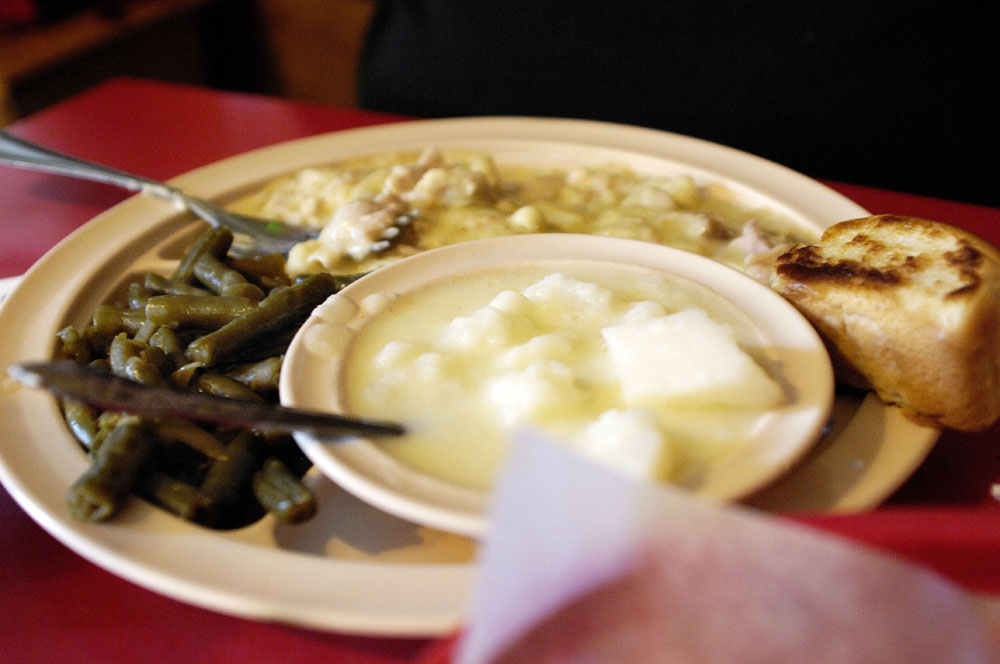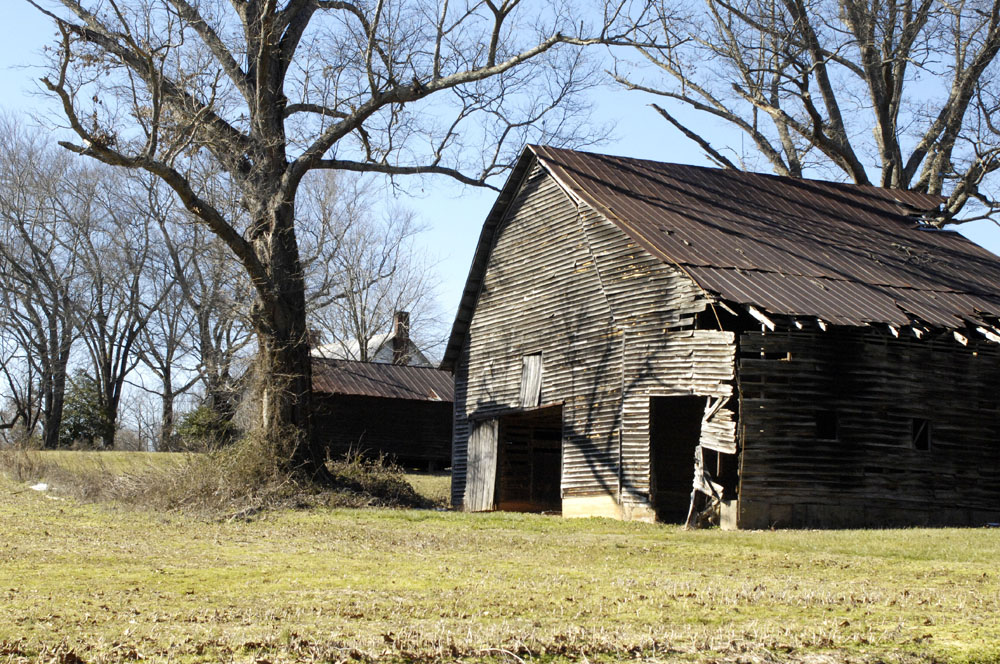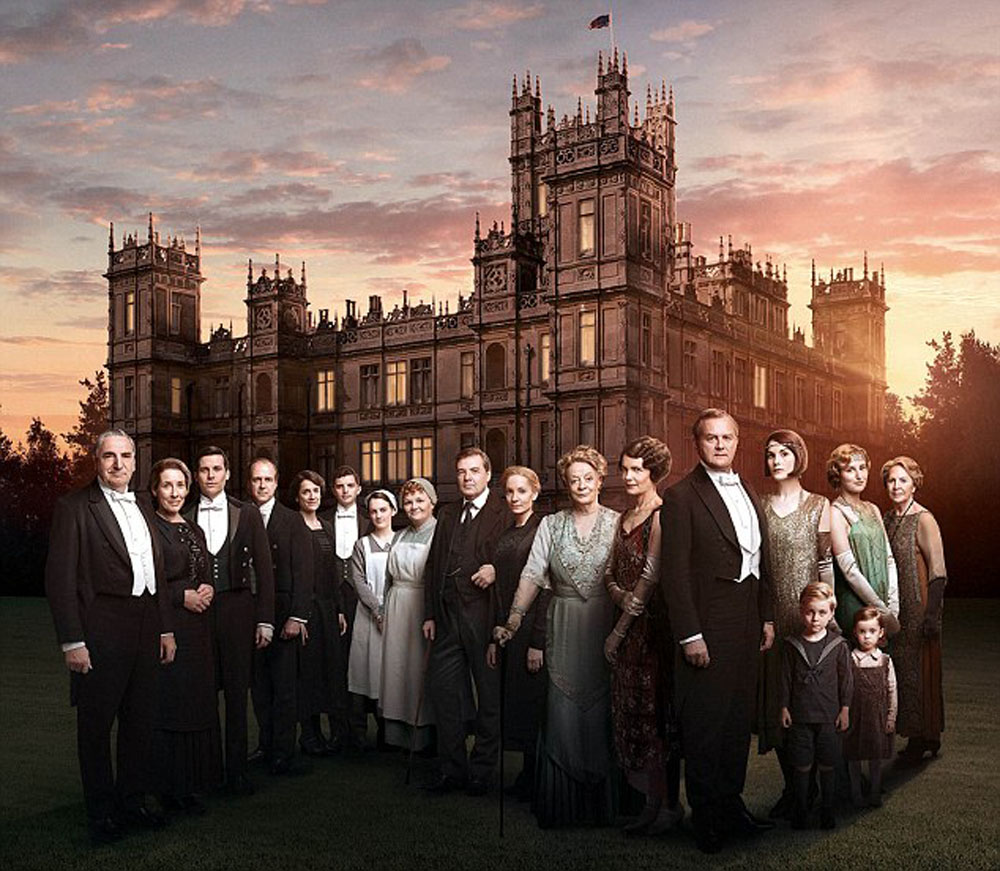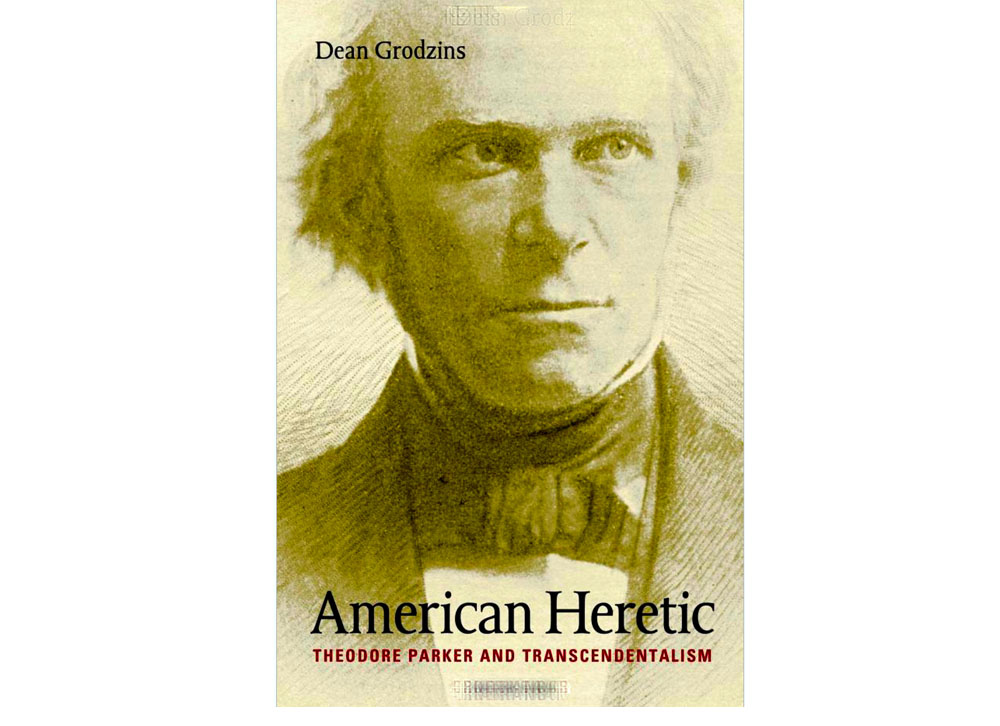
You would think that after hundreds of thousands of years of evolution as social beings, we humans would be pretty good at judging the character and intentions of other humans. The sociobiologist E.O. Wilson has written, for example, that we humans constantly study other humans and that this explains our insatiable demand for stories, or why we love to gossip. Even our pets are very good at perceiving our intentions.
And yet a sizable chunk of the American population is dangerously bad at judging character. Not only that, this sizable chunk of the population all too often sees deranged and narcissistic people as political and religious leaders and sends them money by the millions and hundreds of millions of dollars. This is one of the most frightening and unpredictable facts of American politics. I am not terribly concerned about sexual peccadillos, except for the extreme hypocrisy of all-too-many preachers. Private sexual peccadillos don’t get us into wars or prey on the poor so that preachers and millionaires can ride around in jets and avoid paying taxes.
Can the ability to judge character be tested? Are there ways of impartially establishing who is good at judging character and who is not?
As early as 1929, MacMillan published Studies in the Nature of Character: General methods and Results by some academics from Columbia University. Since then, a good bit of research has been published on how good we are (or are not) at judging the character of others. How is this research done?
The basic method, as far as I can tell from my own admittedly limited research, is to go to a group of people who know each other and to ask those people to predict how others will perform on “personal inventory” tests. There are many such personality tests that clinicians use, for example the Minnesota Multiphasic Personality Inventory. Then you compare people’s predictions with other people’s actual performance on the tests and look for statistically significant correlations.
What are some of the factors that correlate with being a good judge, or a poor judge, of character? Here are some of the candidates, with a rough description of what researchers have found:
• Age: Though children improve in their ability to judge character between the ages of 3 and 14, there is no evidence that older people get better at judging character.
• Sex: There no convincing evidence that men or women are better at judging character.
• Family background: This area has not been well studied, but so far there is no evidence that family background matters much.
• Intelligence: Now we’re getting somewhere. Smart people are indeed better at judging the character of others. Smart people also, unsurprisingly, are better at judging the intelligence of others.
• Training in psychology: This is murky, but it may well be true that trained psychologists are no better than the rest of us at judging character.
• Sensitivity and artistic ability: There is pretty good evidence that artistic and sensitive people are better judges of character. People with literary abilities may be particularly good at judging character.
• Emotional stability: The evidence here is scant, though it is pretty clear that people who are excessively anxious, troubled by obsessions, etc., are poorer judges of character.
• Social skill and popularity: Though good social skills seem to help people judge character, those who are the best judges of character tend to be capable of a kind of scientific social detachment. For example, physicists may be better judges of character than psychologists. Poor judges of character are more socially oriented than better judges. It may follow (though I did not find any specific research) that introverts are better judges of character than extraverts.
And finally:
• Good character: People of good character are probably better equipped to judge the character of others. It’s important to keep in mind a famous statement by Gordon Allport:
As a rule, people cannot comprehend others who are more complex and subtle than they. The single-track mind has little feeling for the conflicts of a versatile mind. People who prefer simplicity of design and have no taste for the complex in their aesthetic judgments are not as good judges as those with a more complex cognitive style and tastes.
Unfortunately I could not easily find any research that looked for correlations between religiosity and the ability to judge character. But insofar as I myself am able to judge the character of others (feel free to judge me!), I would have to say that evangelical, salvation-oriented religious types are among the very worst judges of character. As for why people send millions of dollars to preachers like Jim Bakker or Jimmy Swaggart, it helps to remember that half the population have IQs of under 100 and live pretty hard lives. Getting money and votes out of people who are not so smart and not doing very well is now a think-tank science — the smart studying the not-so-smart so as to take political and economic advantage of them. Unfortunately, that may be the No. 1 key to American politics at present.





